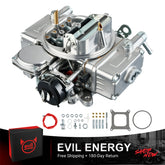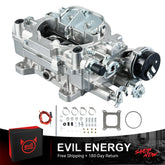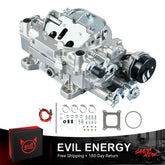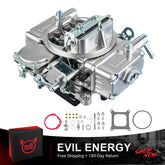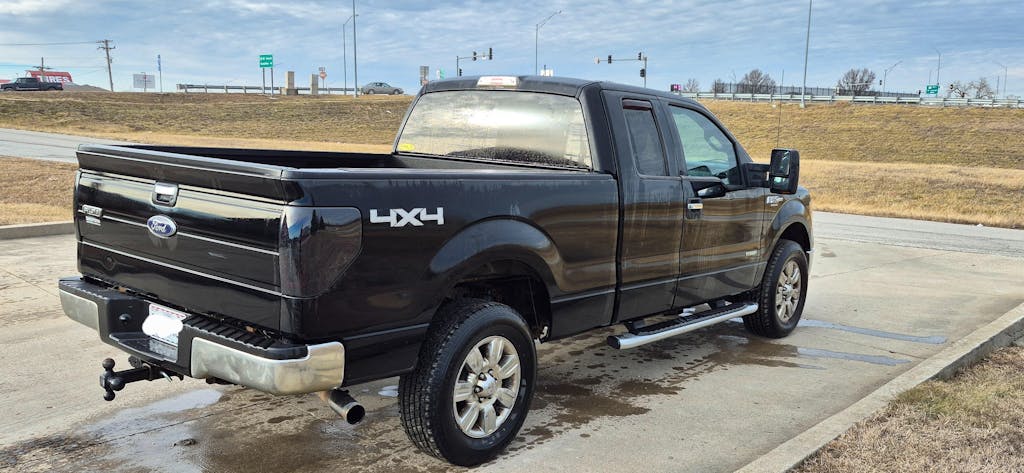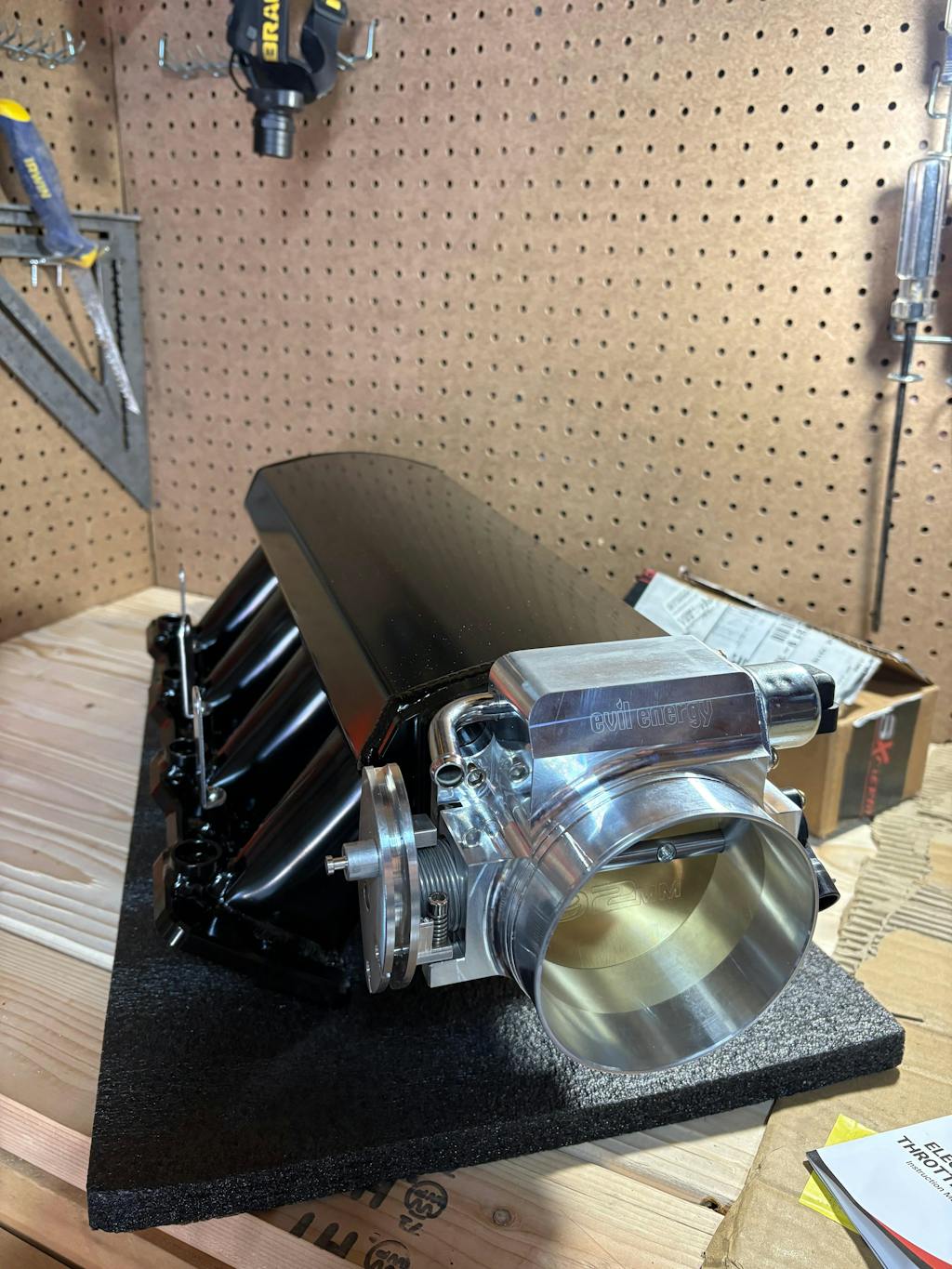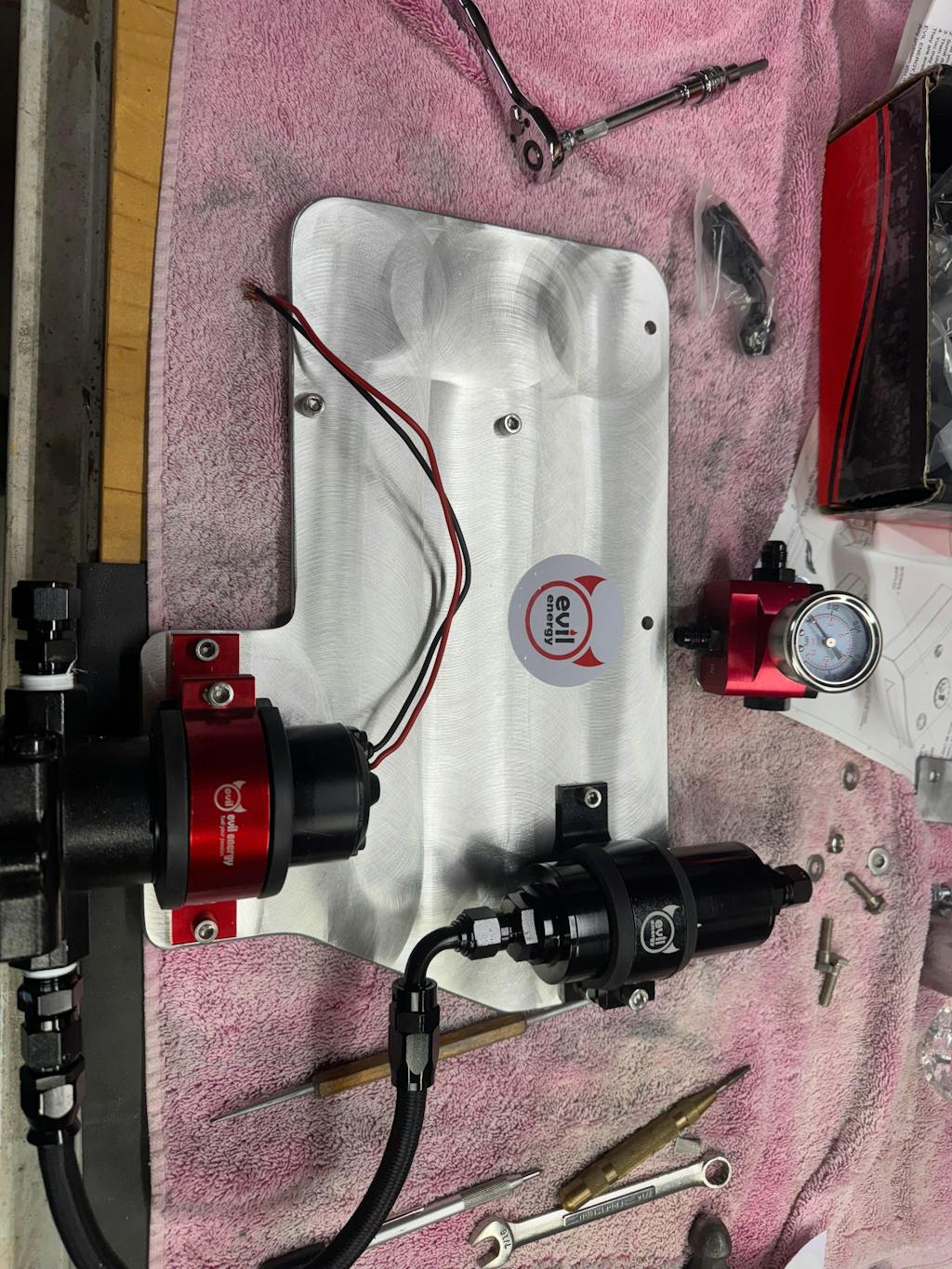-
EVIL ENERGY 750 CFM 4-Barrel Carburetor Complete Kit, Electric Choke Vacuum Secondary Dual Fuel Inlet for V8---!@!start!@!---Specifications---!@!end!@!--- Brand EVIL ENERGY Core Material 6061-T6 Aluminum Alloy (Carburetor/Regulator/Pump); Aluminum Housing+Stainless Steel Filter Element (Filter) Carburetor Finish Satin Carburetor Barrels 4 CFM Rating 750 Carburetor Flange Square bore Choke Type Electric Choke Secondary Throttle Type Vacuum-Operated Carburetor Fuel Inlet Dual Carburetor Calibration Main...
- $699.99
- $699.99
- Unit price
- per
-
Evil Energy 12V Electric Fuel Pump for Carburetor + 5-12PSI Adjustable Pressure Regulator Bundle High-Flow 90GPH External, E85/Gas Compatible---!@!start!@!---Specifications---!@!end!@!--- Electric fuel pump 12v for carburetor Inlet 3/8-inch Outlet 3/8-inch Installation Location External fuel pump Structural Category Electric fuel pump Structural Sub - Category Gear-type electric fuel pump Voltage 12V-13.5V Closed Pressure 14PSI Flow Rate 91.1-97.8GPH/345-370LPH(10-11PSI&5.6-6.0A) 84.5-91.1GPH/320-345LPH(7-9PSI&5.5-6.3A) Temperature Range -68°-194°F Max Power 88W...
- $145.99
- $145.99
- Unit price
- per
-
EVIL ENERGY 750 CFM 4-barrel Carburetor Air Valve-Controlled Secondary
- $379.99
- $379.99
$419.99- Unit price
- per
-
EVIL ENERGY 320-370lph/90GPH External Electric Fuel Pump 12V for Carburetor - High Pressure Compatible for Carburetor Replacement/Modified Vehicles---!@!start!@!---Specifications---!@!end!@!--- Inlet 3/8-inch Outlet 3/8-inch Installation Location External fuel pump Structural Category Electric fuel pump Structural Sub - Category Gear-type electric fuel pump Voltage 12V-13.5V Closed Pressure 14PSI Flow Rate 91.1-97.8GPH/345-370LPH(10-11PSI&5.6-6.0A) 84.5-91.1GPH/320-345LPH(7-9PSI&5.5-6.3A) Temperature Range -68°-194°F Max Power 88W Material Aluminum Gross Weight 1.4kg Packaging...
- $76.99
- $76.99
$76.99- Unit price
- per
-
Evil Energy Carburetor Fuel Pressure Regulator - Adjustable 5-12 PSI for Small Engine Gas/E85/Alcohol Compatible (Low Pressure, No Overflow)
- $75.99
- $75.99
$85.99- Unit price
- per
-
EVIL ENERGY 650 CFM 4-Barrel Carburetor Complete Kit, Electric Choke Mechanical Secondary Shiny Finish for 300-450HP V8
- $725.99
- $725.99
$749.99- Unit price
- per
-
EVIL ENERGY 600 CFM Marine Carburetor Air Valve-Controlled Secondary Throttle
- $474.99
- $474.99
$529.99- Unit price
- per
-
-
-
EVIL ENERGY 500 CFM 4-barrel Carburetor Perfect for Small-block V8 Engine
- $319.99
- $319.99
$339.99- Unit price
- per
-
EVIL ENERGY 500 CFM 2-barrel New Performance Carburetor Manual Control Choke
- $399.99
- $399.99
$419.99- Unit price
- per
-
-
-
EVIL ENERGY 600 CFM 4-Barrel Carburetor Electric Choke Adjustable Metering Rods
- $339.99
- $339.99
- Unit price
- per
-
EVIL ENERGY Carburetor Fuel System Kit 12V Electric Fuel Pump 5-12PSI Regulator 20FT PTFE/NBR Hose
- $159.99
- $159.99
- Unit price
- per
-
-
-
EVIL ENERGY 600 CFM 4-barrel Carburetor Electric Choke Air Valve-Controlled Secondary
- $332.49
- $332.49
$399.00- Unit price
- per
-
-
EVIL ENERGY 600 CFM Street 4-barrel Carburetor Vacuum-Operated Secondary Throttle
- $341.99
- $341.99
$379.99- Unit price
- per
Get an Exclusive 8% Off Your First Purchase
Subscribe now to get a gift with your first order!


![[CPE]](http://www.ievilenergy.com/cdn/shop/files/EVIL-ENERGY-Fuel-Cell-Tank-Kit-Efficient-Fuel-System-Solutions-5-10-15-Gallon-EVIL-ENERGY-141125284_165x.jpg?v=1771520007)
![[PTFE]](http://www.ievilenergy.com/cdn/shop/files/EVIL-ENERGY-Fuel-Cell-Tank-Kit-Efficient-Fuel-System-Solutions-5-10-15-Gallon-EVIL-ENERGY-141125347_165x.jpg?v=1771520008)
![[30-70PSI,Red]](http://www.ievilenergy.com/cdn/shop/files/image_1_263dcd79-22f9-4671-ac88-9a91bf53d6df_165x.jpg?v=1768362974)
![[20-75PSI&75-120PSI]](http://www.ievilenergy.com/cdn/shop/files/EVIL-ENERGY-Eco-Friendly-Fuel-Pressure-Regulator-6AN-EFI-Bypass-Return-Adjustable-30-70psi-Black_Red-EVIL-ENERGY-151921918_165x.png?v=1771521452)
![[LS Swap CPE Fuel Kit]](http://www.ievilenergy.com/cdn/shop/files/01_2_50504dbf-1a86-49d4-b5e7-8ef0be5de64f_165x.png?v=1770017164)
![[Fuel Filter Regulator Kit]](http://www.ievilenergy.com/cdn/shop/files/1_EVKT0202451_Fuel_Filter_Regulator_Kit_165x.webp?v=1770017164)
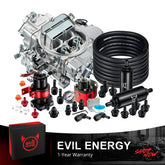

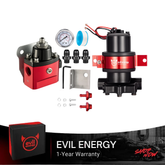

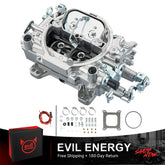


![[345LPH] High performance specs for the EVIL ENERGY 12V Electric Fuel Pump for Carb, showing a 13 PSI closing pressure and a test flow of 345 LPH at 9 PSI.](http://www.ievilenergy.com/cdn/shop/files/EVIL-ENERGY-Red-CNC-Billet-Aluminum-Valve-Cover-For-BMW-E46-E60-M52-M54_-Heat-Dissipation-_-Engine-Bay-Upgrade-EVIL-ENERGY-156912090_165x.jpg?v=1771521629)
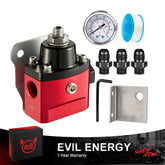



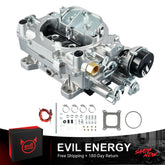









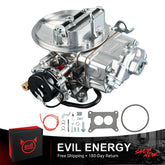

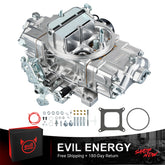



![[3/8 inch NBR Fuel Hose]](http://www.ievilenergy.com/cdn/shop/files/Evil-Energy-12V-Electric-Fuel-Pump-for-Carburetor-_-5-12PSI-Adjustable-Pressure-Regulator-Bundle-High-Flow-90GPH-External_-E85-Gas-Compatible-EVILENERGY-158207120_165x.png?v=1763092429)
![[6AN PTFE Fuel Line]](http://www.ievilenergy.com/cdn/shop/files/Evil-Energy-12V-Electric-Fuel-Pump-for-Carburetor-_-5-12PSI-Adjustable-Pressure-Regulator-Bundle-High-Flow-90GPH-External_-E85-Gas-Compatible-EVILENERGY-158207259_165x.png?v=1763092433)


